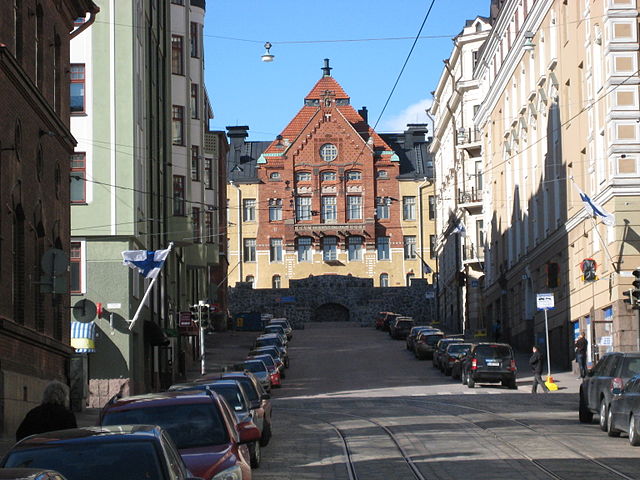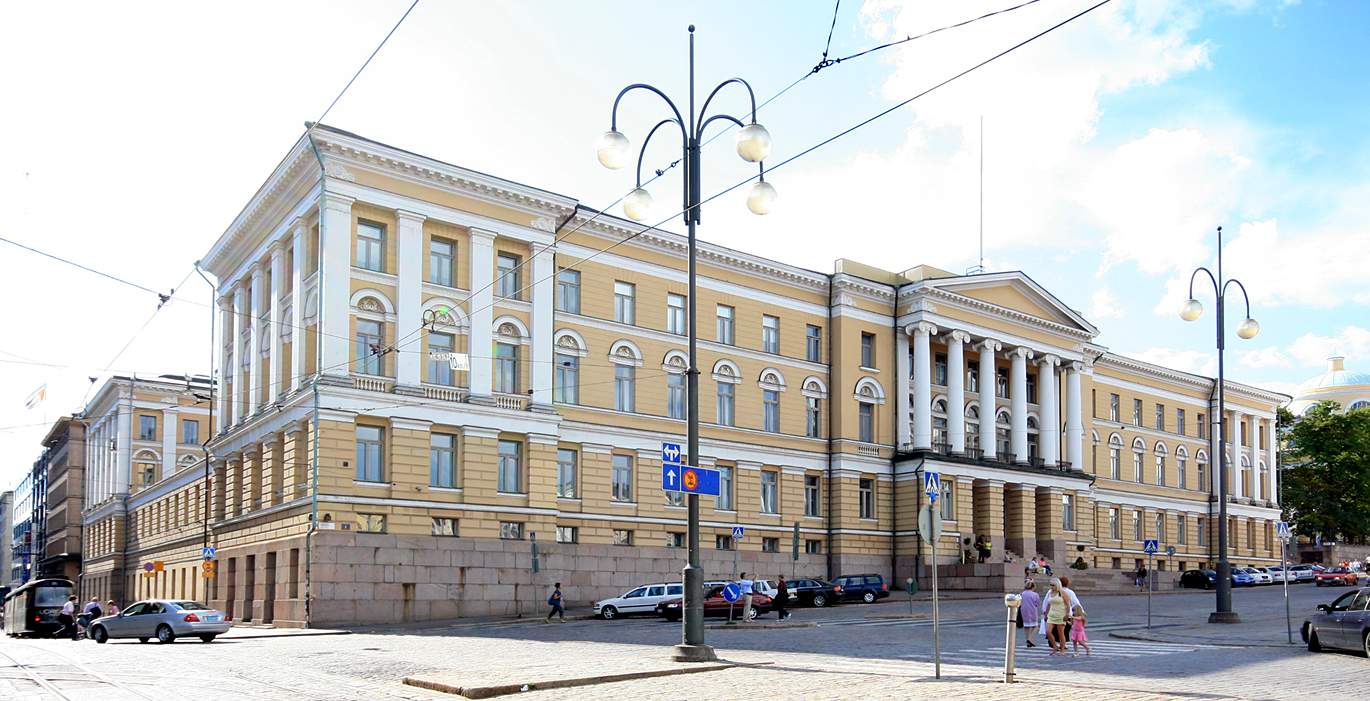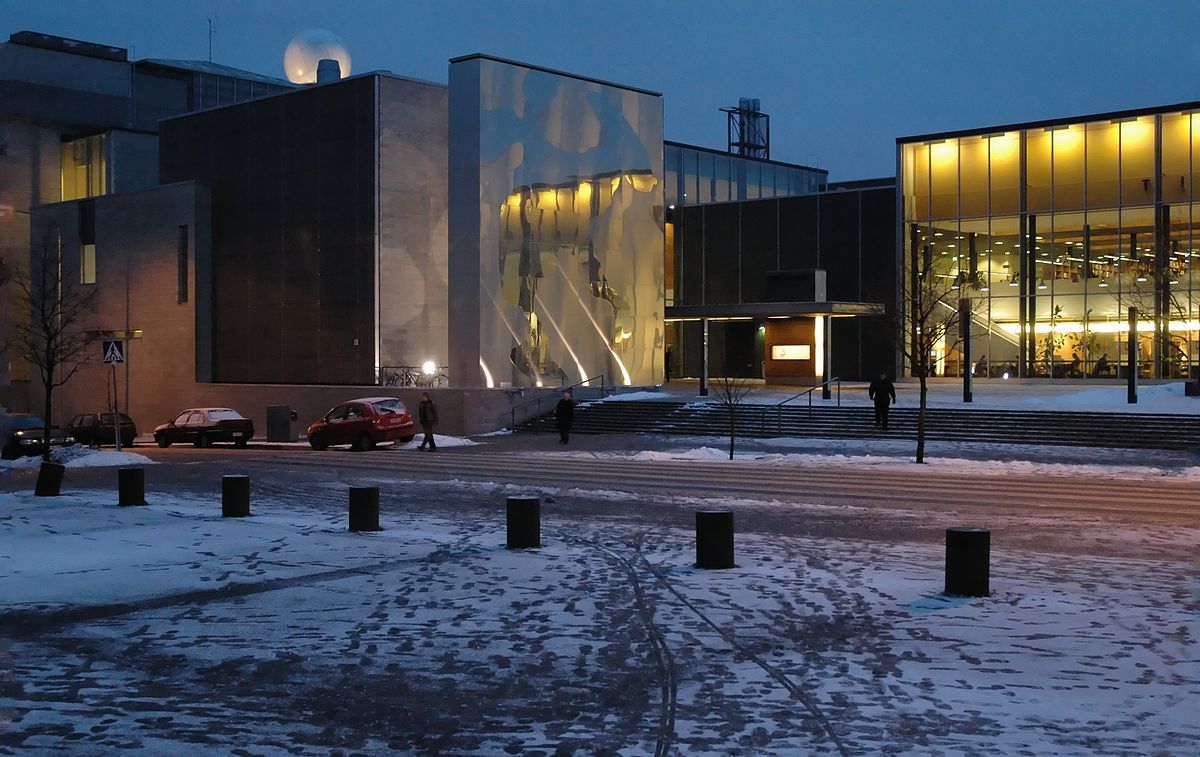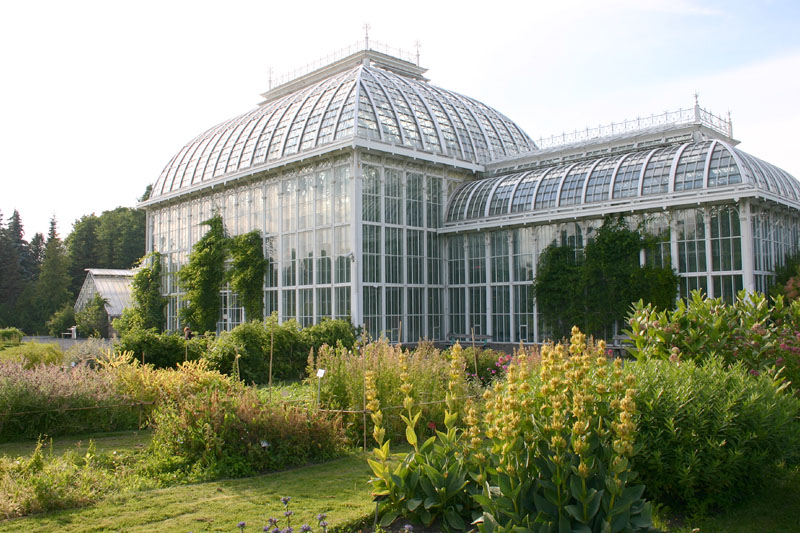University of Helsinki
The University of Helsinki was founded during the reign of Queen Christina of Sweden as the Royal Academy of Turku on 26 March 1640. As stated in its charter, the Academy was a place for teaching and pursuing general studies in fields such as the Holy Book, law and medicine, and other written skills.
In 1828 the Academy and its members moved to Helsinki, where the institution’s name was changed to the Imperial Alexander University of Finland. Before that, in autumn 1822, three young men – Elias Lönnrot, Johan Vilhelm Runeberg and J.V. Snellman – had begun their studies in the Academy. They also worked as university teachers, and together with several other instructors made a great contribution to the development of the Finnish national identity, culture and civilisation.
Students have always been a driving force at the University, and the cross-disciplinary student nations have brought together students from different fields and disciplines. Funds for building the Old Student House were collected around the country, and the words Spei suae Patria dedit (“Given to its hopes by the homeland”) were inscribed above the entrance.
After Finland gained independence in 1917, the University played a key role in building the Finnish nation and welfare state. In the new political situation after independence, the decision was made to change its name to the University of Helsinki. Many members of the University community served in academic, governmental and economic leadership positions. In recognition of the contribution that University-educated officers made to the Winter War, the University, as the only civilian institution, was awarded the Cross of Liberty at its 300th anniversary celebration in 1940. The expansion of the Finnish network of higher education institutions from the mid-20th century onward has not made the University of Helsinki any less attractive.
In the 21st century, the University seeks to help solve global challenges through its top-level research. It was invited as a member of the League of European Research Universities (LERU), which accommodates Europe’s 21 best universities. The University conducts world-class research aiming to, for example, find cures for cancer and ways to adapt to climate change.






